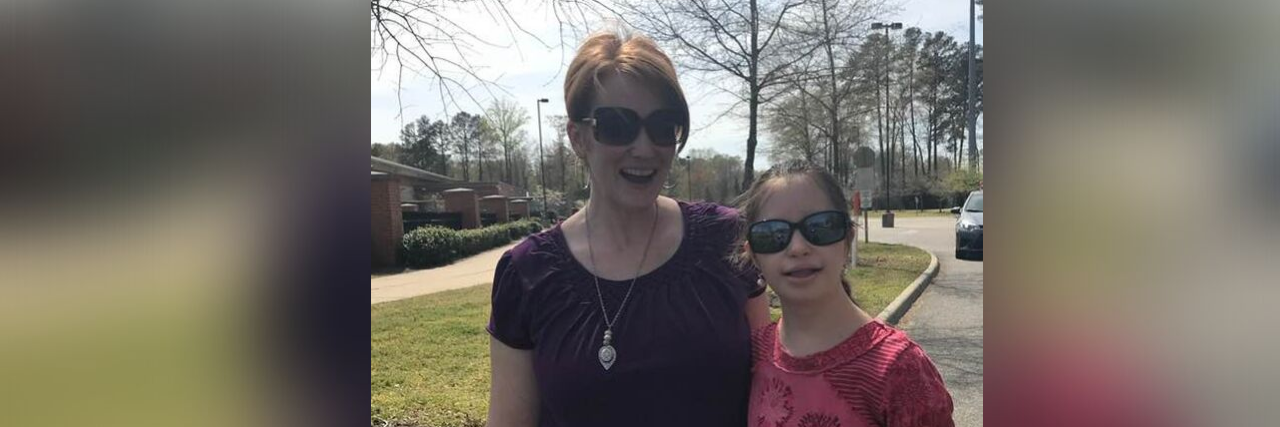I just had the last staff meeting we will ever have for my daughter. She is now a senior! Because she has Down syndrome and has always been fully included, meeting all her teachers before the school year starts has always been necessary — for me and for them. It is a great opportunity for us to get to know each other, answer questions and go over expectations and policies.
Today’s meeting was wonderful. Everyone was open, kind and flexible. I ask for materials in advance so I can pre-teach my daughter over the weekend. If a teacher is established and organized, this is not an issue for them. If they are new to the class/subject, don’t have consistent support, have less time outside of school for various reasons like young families, or are not as organized, it can be a challenge. As I was reveling in today’s wonderful meeting, a glaring issue from the past won’t escape my thoughts. Our teachers need more time to plan in school. Period.
This first became known to me when my daughter was in sixth grade. She had a teacher then who was perfect. She was organized, flexible, loved her subject so much her enthusiasm spread to her students, and she saw me as a partner. For several months, getting material for the next week was no issue. Then one Friday she apologized profusely that she would not have my daughter’s materials until Saturday. She then explained she worked two jobs and was also attending classes for yet another certification. I was stunned and of course understood.
I have since learned this is common and not an isolated instance. I have also seen firsthand how much is expected of teachers. They are basically available 24 hours a day because of email. A student, parent, administrator or cohort can ask for a meeting anytime. Education has changed so much due to standardized testing and the desire to be more current that textbooks are almost obsolete. This makes planning even harder.
More and more general education teachers are teaching children who have special education needs and are included in their classes, with little to no support. More and more special education teachers are spread far too thin, often covering multiple classes and grade levels. How can we expect our educators to plan and collaborate in these circumstances? Right now it is a pipe dream.
I have friends who put mandatory collaboration and numerous parent meetings in their IEPs. I don’t. I know in my district it is untenable and that with good relationships and communication we will get the best results possible at this time in this place.
I believe these three things would help our teachers enormously:
1) We need to pay teachers well as the professionals our children need and deserve. If we want quality, we need to pay for it.
2) They need two planning blocks a day, or at the very least, two every other day. The value of this would be so immense, it would be hard to quantify.
3) We need to pay for teachers’ continuing education. If they want to pursue a first or second master’s degree, districts should pay for that. Right now many teachers are going into additional debt to earn these degrees, simply to move up the ladder so they can make more money. It is a hamster wheel they should never have to go on.
As we enter this last year, I am incredibly grateful for the amazing rock star teachers my daughter has had over the years. They have come from all types of backgrounds. Sadly, too many burn out or move for the reasons I stated above and many more. Just think of the turnover we would all save if we could address that simple list. I know it would take time, but we could start with one item and go from there.
When our society truly values our educators as they should, our youth will blossom beyond measure. They are our future and greatest natural resource.
Photo provided by contributor and used with permission of all individuals pictured.

